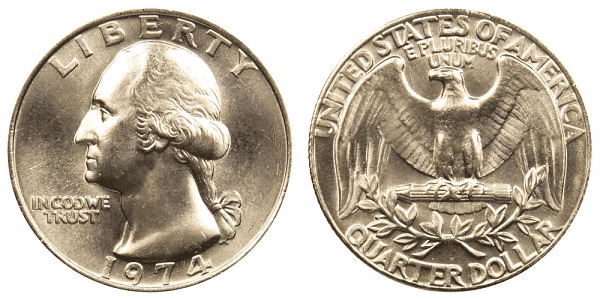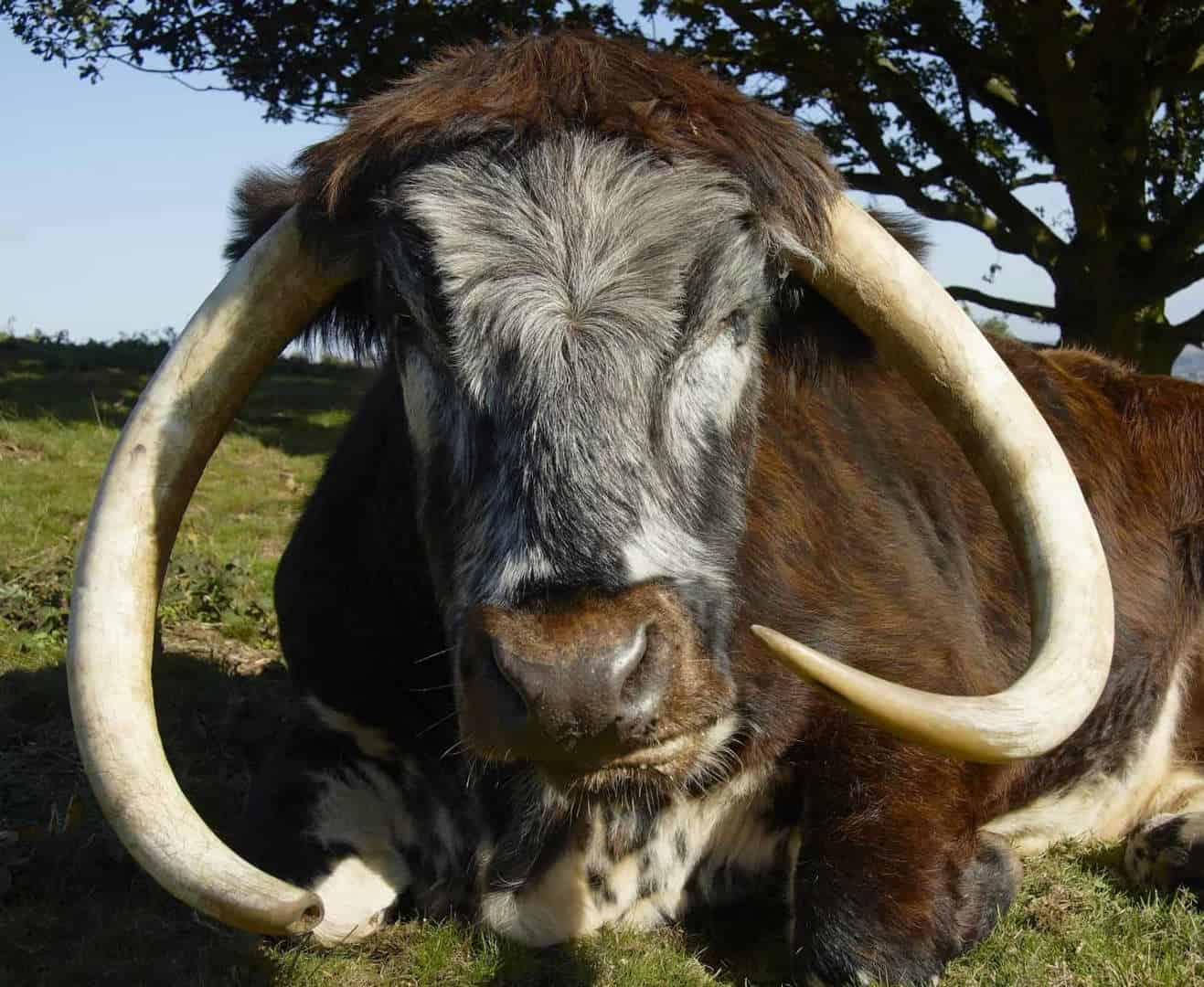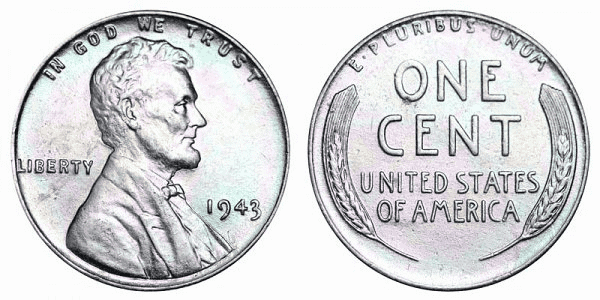Discover the mesmerizing world of rare cichlids, where vibrant colors and unique behaviors converge in aquatic marvels found in some of the most remote corners of the globe. Dive into this article to uncover the stories behind the rarest Cichlids in the World, showcasing nature’s diversity at its finest.
Neolamprologus
 Image Editorial Credit: Mattia Matarrese / Shutterstock
Image Editorial Credit: Mattia Matarrese / Shutterstock
These cichlids are found in the rocky shores of Lake Tanganyika in Africa. They are rarely seen in the aquarium trade and are usually obtained through specialized breeders or conservation programs.
Tropheus moorii ‘Kaiser II’
 Image Editorial Credit: Tom Burgoon / Flickr
Image Editorial Credit: Tom Burgoon / Flickr
Endemic to Lake Tanganyika, these cichlids have striking coloration. They are occasionally available in the aquarium trade but are often sourced from conservation-minded breeders.
Petrochromis famula
 Image Editorial Credit: Mattia Matarrese / Shutterstock
Image Editorial Credit: Mattia Matarrese / Shutterstock
Another Lake Tanganyika native, Petrochromis famula, is rarely found in the hobby due to its limited distribution and specialized care requirements. They may be obtained through select breeders or conservation initiatives.
Neolamprologus toae
 Image Editorial Credit: Ron DeCloux / Flickr
Image Editorial Credit: Ron DeCloux / Flickr
This cichlid species is endemic to Lake Tanganyika and is rarely seen in the aquarium trade. Breeding programs and conservation efforts help maintain populations in captivity.
Altolamprologus sp. ‘compressiceps’
 Image Editorial Credit: Drakir / Shutterstock
Image Editorial Credit: Drakir / Shutterstock
Named for their vibrant yellow coloration, these Lake Tanganyika cichlids are highly prized but rarely encountered in the aquarium trade. They may be obtained through conservation-focused initiatives.
Neolamprologus sp. ‘daffodil’
 Image Editorial Credit: Sumer Tiwari / Flickr
Image Editorial Credit: Sumer Tiwari / Flickr
Known for their compressed body shape, these cichlids from Lake Tanganyika are infrequently available in the hobby and may be sourced from specialized breeders.
Julidochromis marlieri ‘Gombe’
 Image Editorial Credit: Antonio Huerta Güixens / Flickr
Image Editorial Credit: Antonio Huerta Güixens / Flickr
Endemic to Lake Tanganyika, this cichlid variant is characterized by its distinct coloration. They are occasionally available through specialty breeders or conservation projects.
Aulonocara jacobfreibergi ‘Mamelela’
 Image Editorial Credit: Pavaphon Supanantananont / Shutterstock
Image Editorial Credit: Pavaphon Supanantananont / Shutterstock
These cichlids from Lake Malawi exhibit stunning color patterns but are seldom seen in the hobby. They may be provided by select breeders or conservation organizations.
Cynotilapia sp. ‘hara’
 Image Editorial Credit: Henning Braun / Flickr
Image Editorial Credit: Henning Braun / Flickr
Endemic to Lake Malawi, these cichlids are known for their unique coloration and are occasionally available in the aquarium trade through specialized sources.
Copadichromis borleyi ‘Kadango Red Fin’
 Image Editorial Credit: Podolnaya Elena / Shutterstock
Image Editorial Credit: Podolnaya Elena / Shutterstock
Found in Lake Malawi, this cichlid variant is prized for its vibrant red fins. They are rarely encountered in the hobby and may be sourced from conservation-oriented breeders.
Pseudotropheus cyaneorhabdos ‘Maingano’
 Image Editorial Credit: Vojce / Shutterstock
Image Editorial Credit: Vojce / Shutterstock
Another Lake Malawi cichlid, the Maingano, is valued for its striking blue coloration. They are occasionally available through selective breeders or conservation efforts.
Labidochromis caeruleus ‘Lion’s Cove’
 Image Editorial Credit: Mircea Costina / Shutterstock
Image Editorial Credit: Mircea Costina / Shutterstock
Endemic to Lake Malawi, this cichlid variant exhibits unique coloration and patterning. They are rarely seen in the hobby and may be provided by specialized breeders or conservation projects.
Melanochromis auratus ‘Chinyankwazi Island’
 Image Editorial Credit: Roberto Dani / Shutterstock
Image Editorial Credit: Roberto Dani / Shutterstock
These Lake Malawi cichlids are known for their striking yellow and black coloration. They are occasionally available in the aquarium trade through specialized channels.
Ctenochromis horei
 Image Editorial Credit: Marcelino Gonzalez / Flickr
Image Editorial Credit: Marcelino Gonzalez / Flickr
Endemic to Lake Tanganyika, these cichlids are rarely encountered in the hobby due to their specialized care requirements. They may be sourced from conservation-focused breeders or initiatives.
Julidochromis transcriptus ‘Gombi’
 Image Editorial Credit: Irina Kovynyova / Shutterstock
Image Editorial Credit: Irina Kovynyova / Shutterstock
Another variant from Lake Tanganyika, this cichlid exhibits unique coloration and markings. They are occasionally available through select breeders or conservation programs.
Placidochromis electra ‘Deep Water Hap’
 Image Editorial Credit: iliuta goean / Shutterstock
Image Editorial Credit: iliuta goean / Shutterstock
Found in Lake Malawi, these cichlids inhabit deeper waters and are rarely seen in the hobby. They may be obtained through specialized breeders or conservation projects.
Thoracochromis brauschi
 Image Editorial Credit: freshwaterfishfan / Flickr
Image Editorial Credit: freshwaterfishfan / Flickr
Endemic to Lake Tanganyika, these cichlids are seldom encountered in the aquarium trade. They may be provided by select breeders or conservation organizations.
Ophthalmotilapia nasuta ‘Kavala’
 Image Editorial Credit: Tsomka / Shutterstock
Image Editorial Credit: Tsomka / Shutterstock
These Lake Tanganyika cichlids are known for their elongated snouts and are rarely seen in the hobby. They may be sourced from conservation-oriented breeders or initiatives.
Cynotilapia afra ‘Jalo Reef’
 Image Editorial Credit: nortfish / Shutterstock
Image Editorial Credit: nortfish / Shutterstock
Endemic to Lake Malawi, these cichlids exhibit vibrant coloration and are occasionally available through specialized breeders or conservation efforts.
Pseudotropheus demasoni
 Image Editorial Credit: boban_nz / Shutterstock
Image Editorial Credit: boban_nz / Shutterstock
Found in Lake Malawi, these cichlids are known for their striking blue coloration with black stripes. They are occasionally available in the aquarium trade through select sources.
This article is originally appeared on Rarest.org
More from Rarest.org
1974 Washington Quarter Value Guide
Provided by Rarest.org
The 1974 Washington quarter is made of 75% copper and 25% quarter. It has a mass of 5.67 grams and a diameter of 24.3 millimeters. Read More
10 Rarest Cattle Breeds in the World
Provided by Rarest.org
Across the globe, cattle have been bred and cherished for centuries, each breed with its own unique characteristics and heritage. However, some breeds stand out not only for their distinct features but also for their rarity. In this article, we delve into the world of cattle breeding to explore the 10 rarest cattle breeds on the planet. Read More
1943 Lincoln Steel Penny Value Guide
Provided by Rarest.org
The 1943 Lincoln steel penny is perhaps the most unique type of penny coin in the entire series of Lincoln penny. For one, it is the only year when the Lincoln penny was struck in steel. Read More

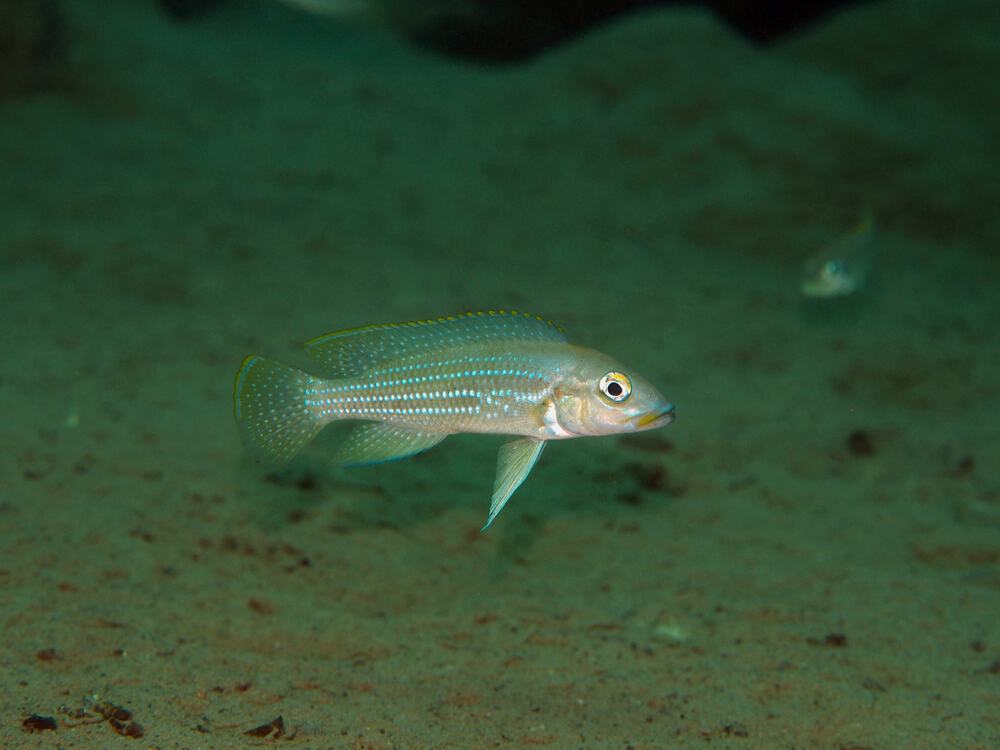 Image Editorial Credit:
Image Editorial Credit: 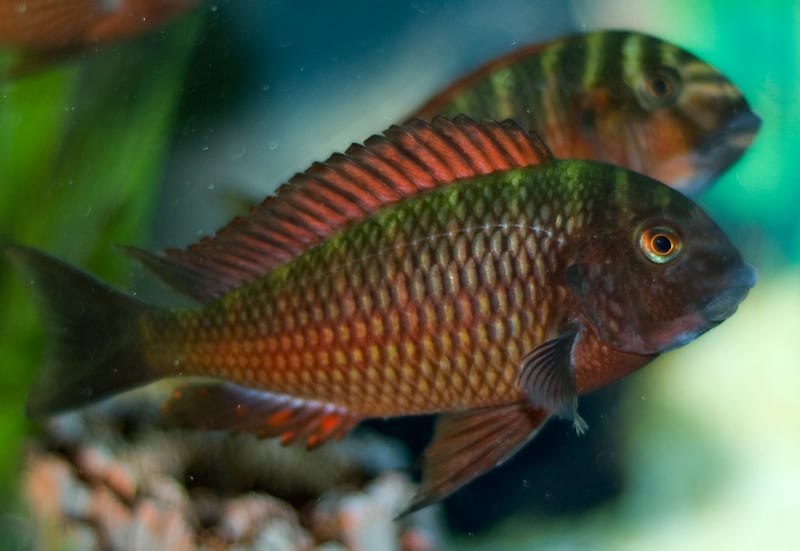 Image Editorial Credit:
Image Editorial Credit: 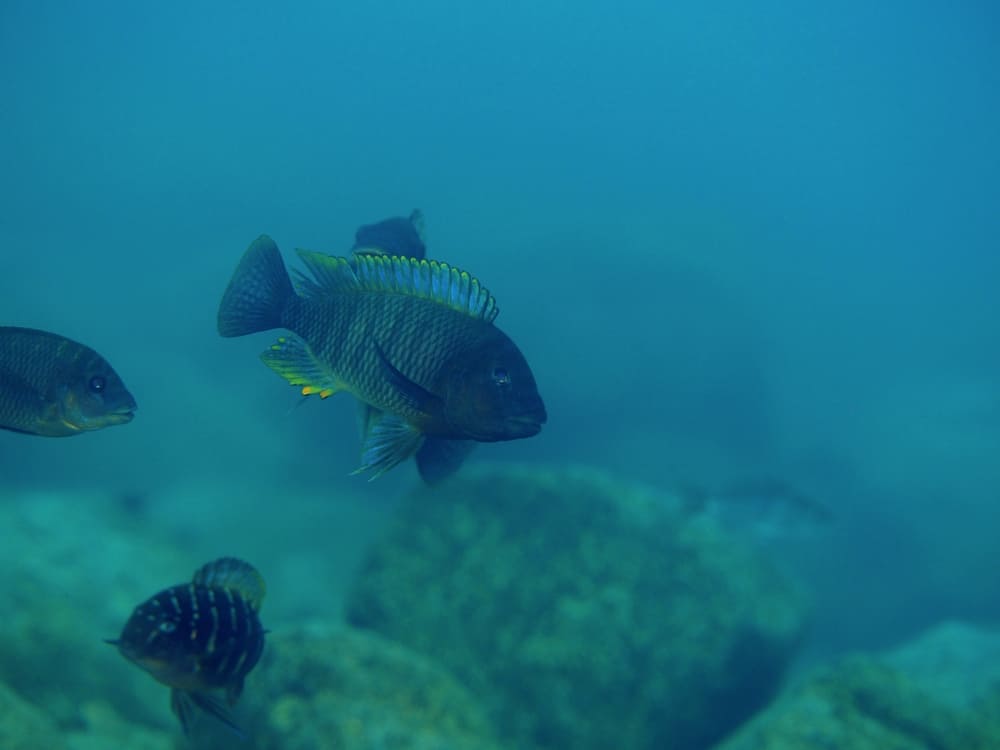 Image Editorial Credit:
Image Editorial Credit: 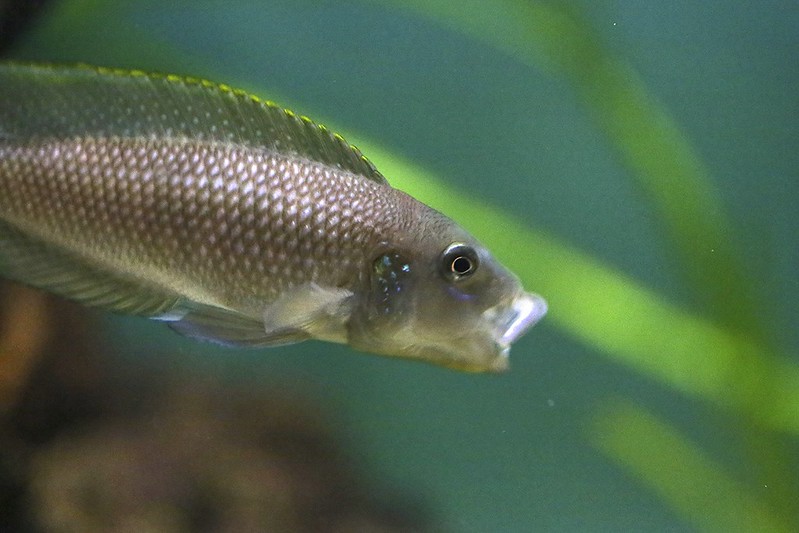 Image Editorial Credit:
Image Editorial Credit: 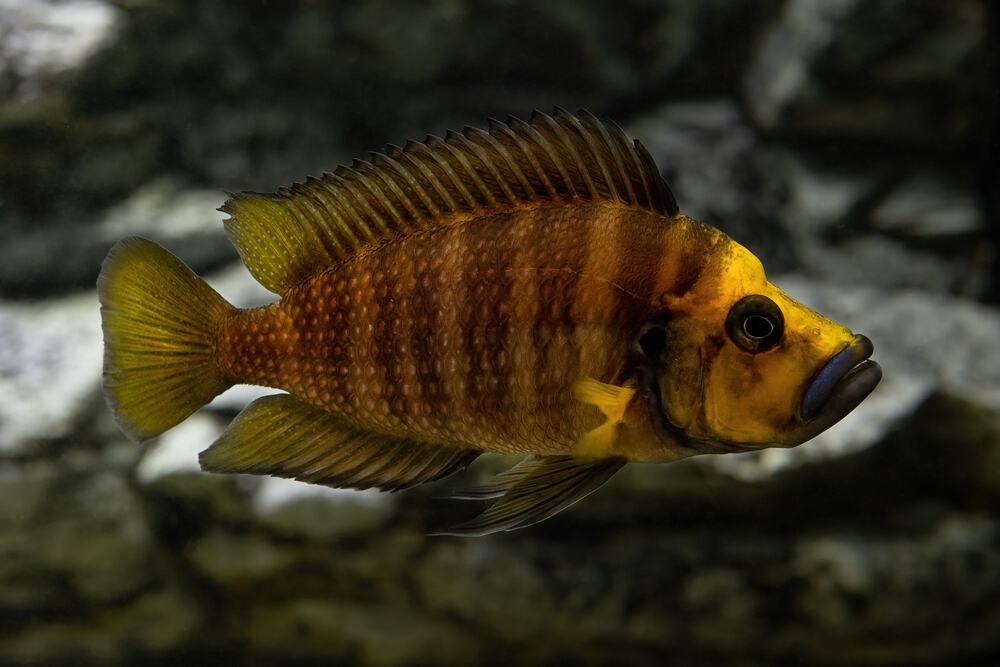 Image Editorial Credit:
Image Editorial Credit: 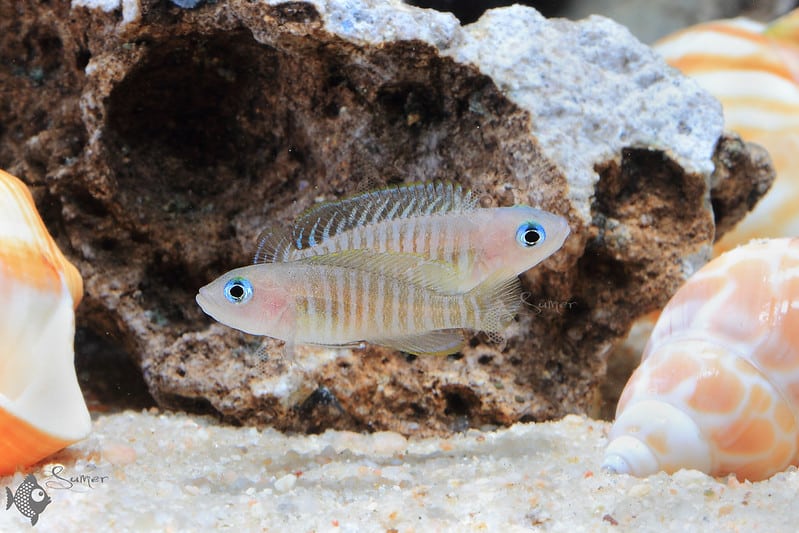 Image Editorial Credit:
Image Editorial Credit: 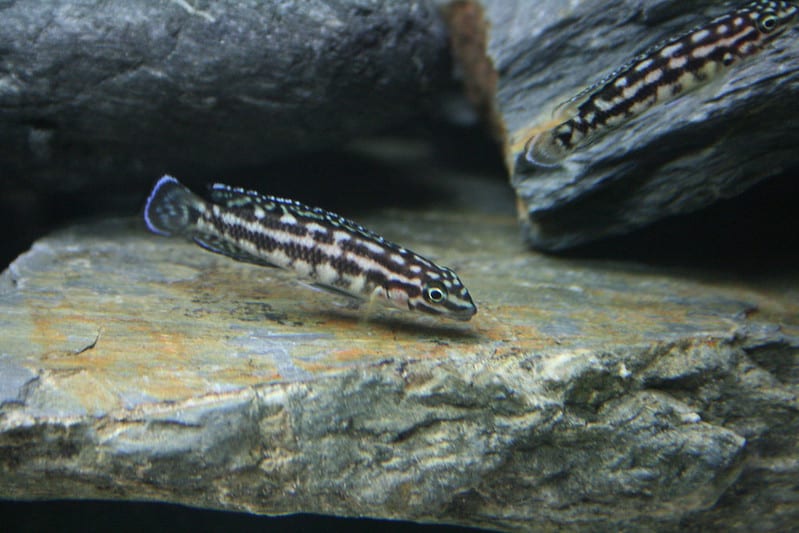 Image Editorial Credit:
Image Editorial Credit: 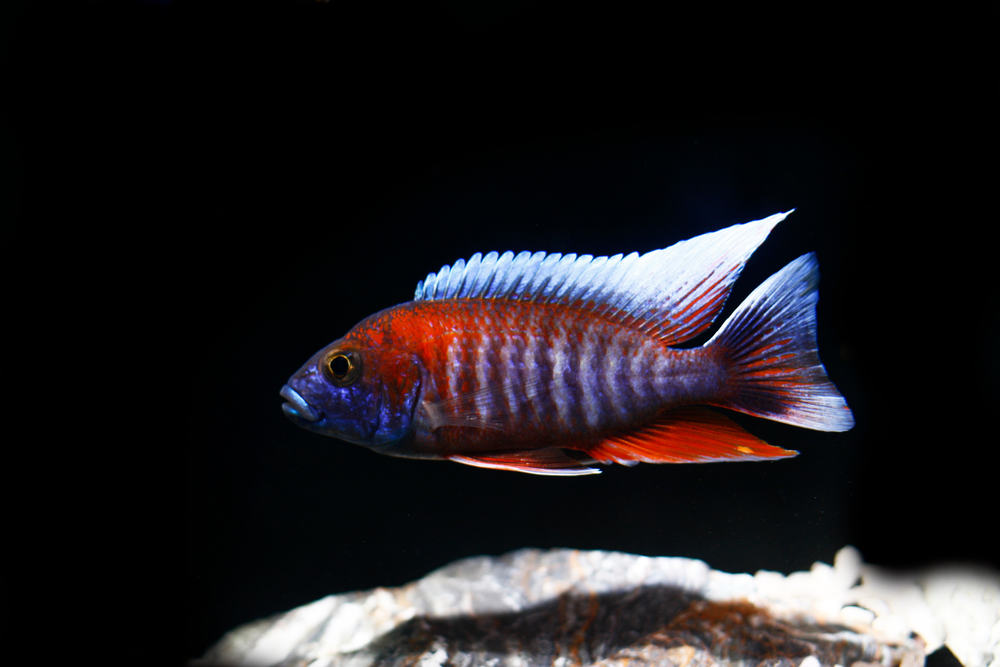 Image Editorial Credit:
Image Editorial Credit: 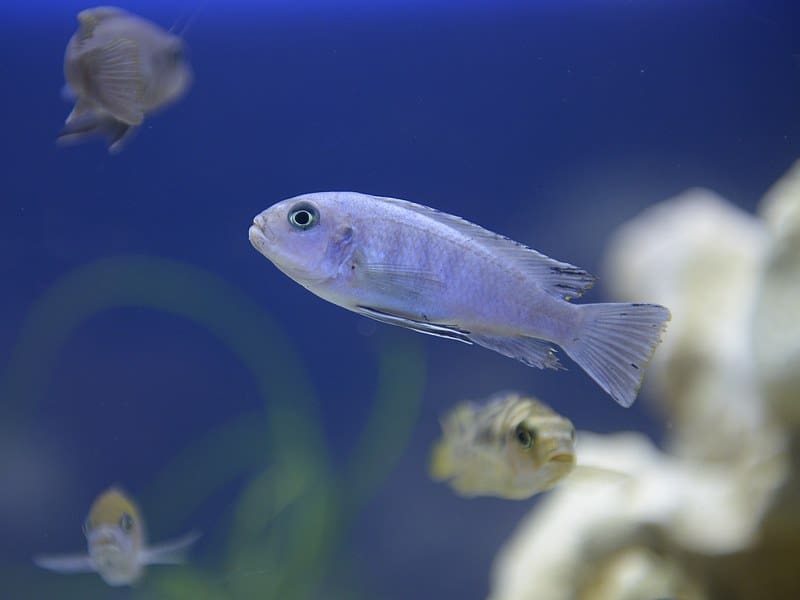 Image Editorial Credit:
Image Editorial Credit: 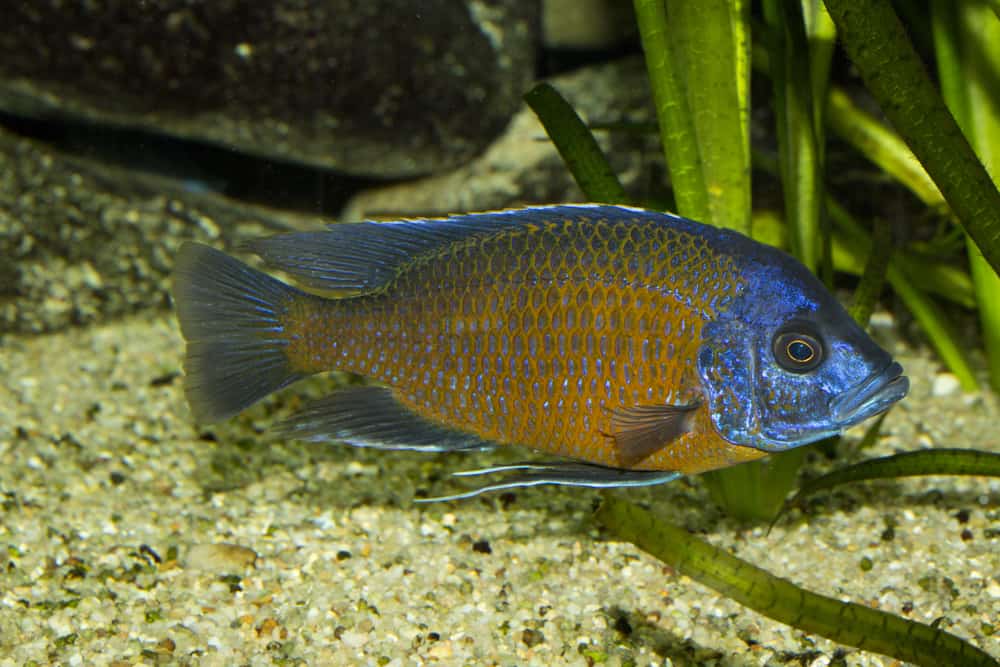 Image Editorial Credit:
Image Editorial Credit: 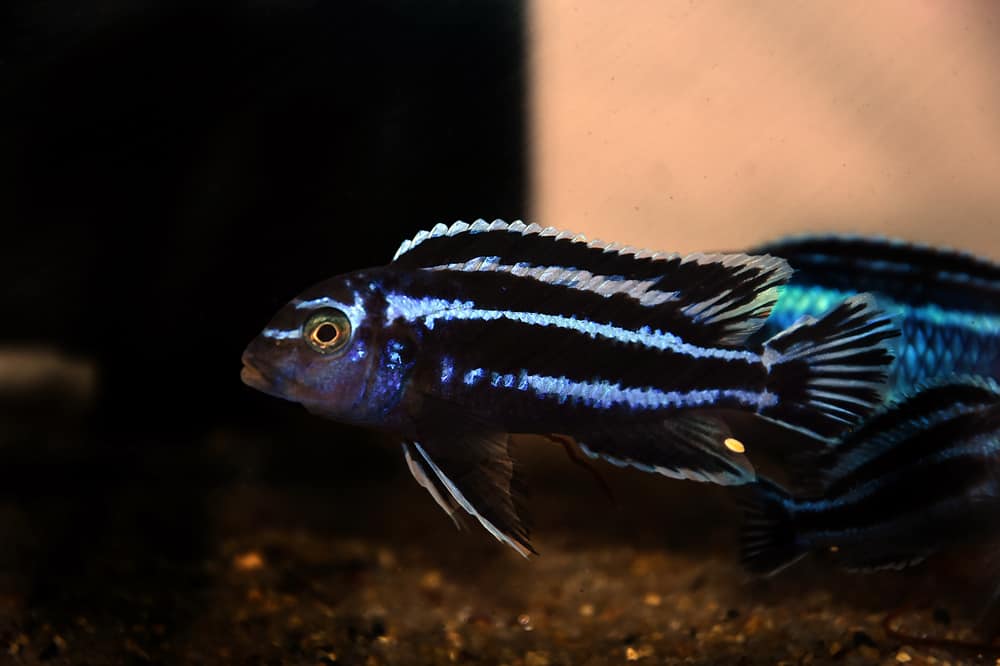 Image Editorial Credit:
Image Editorial Credit: 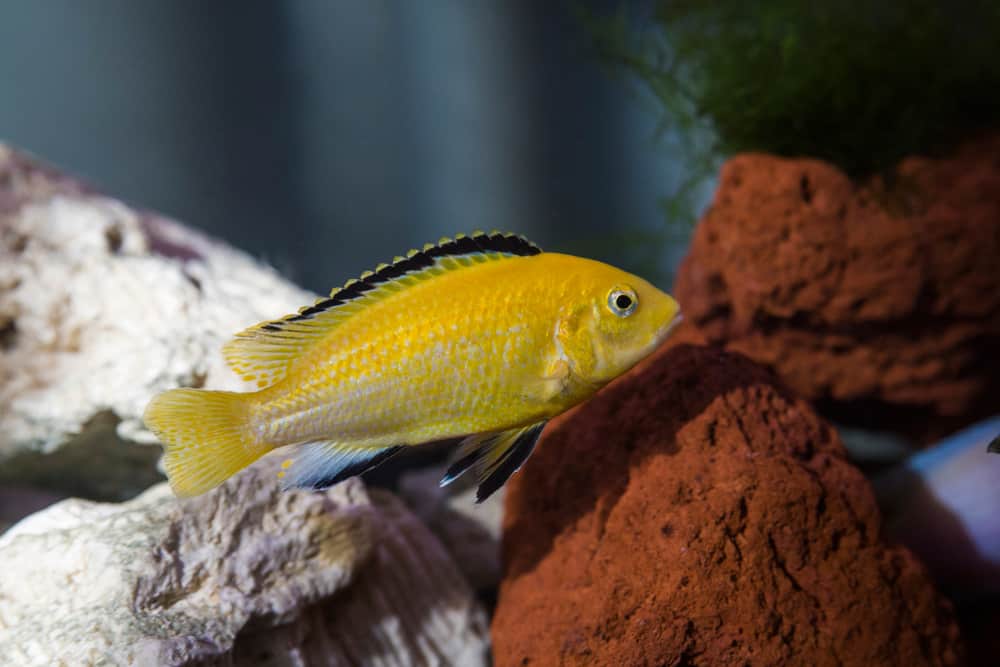 Image Editorial Credit:
Image Editorial Credit: 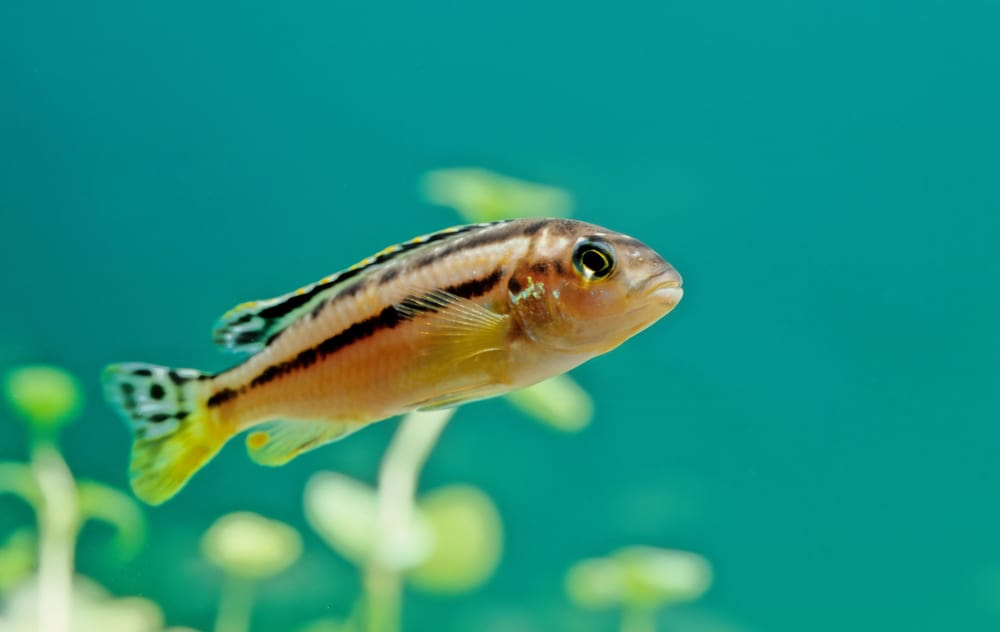 Image Editorial Credit:
Image Editorial Credit: 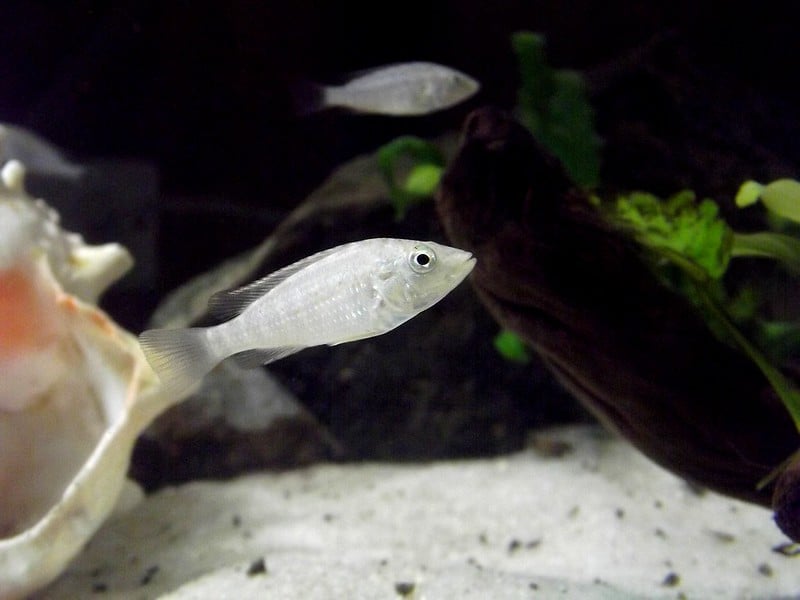 Image Editorial Credit:
Image Editorial Credit: 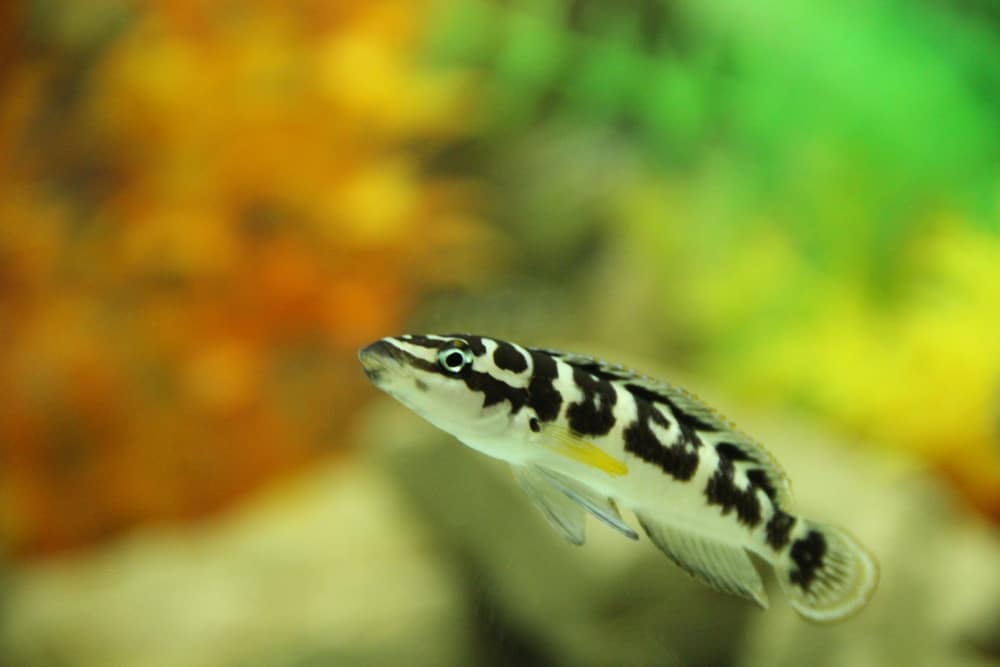 Image Editorial Credit:
Image Editorial Credit: 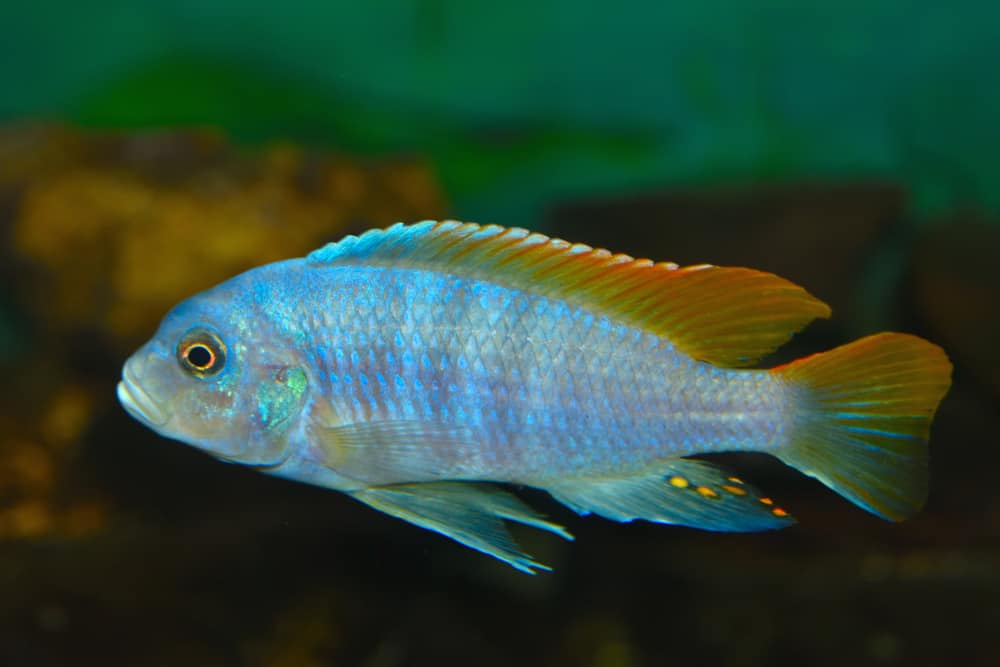 Image Editorial Credit:
Image Editorial Credit: 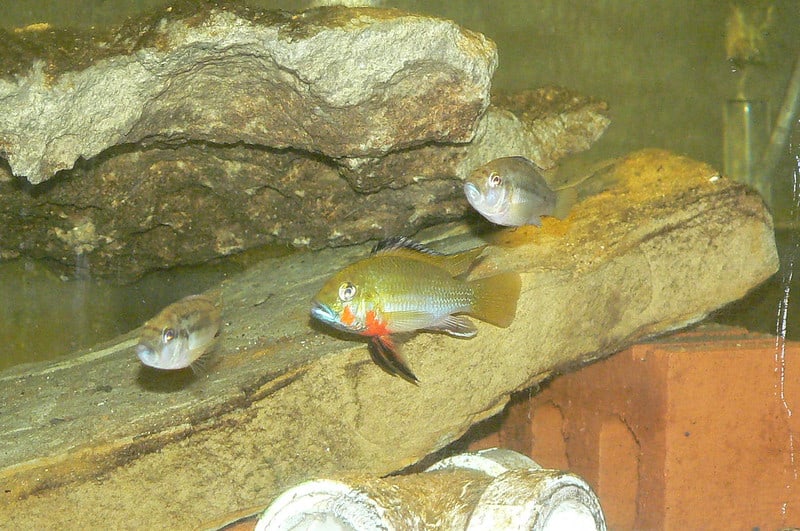 Image Editorial Credit:
Image Editorial Credit: 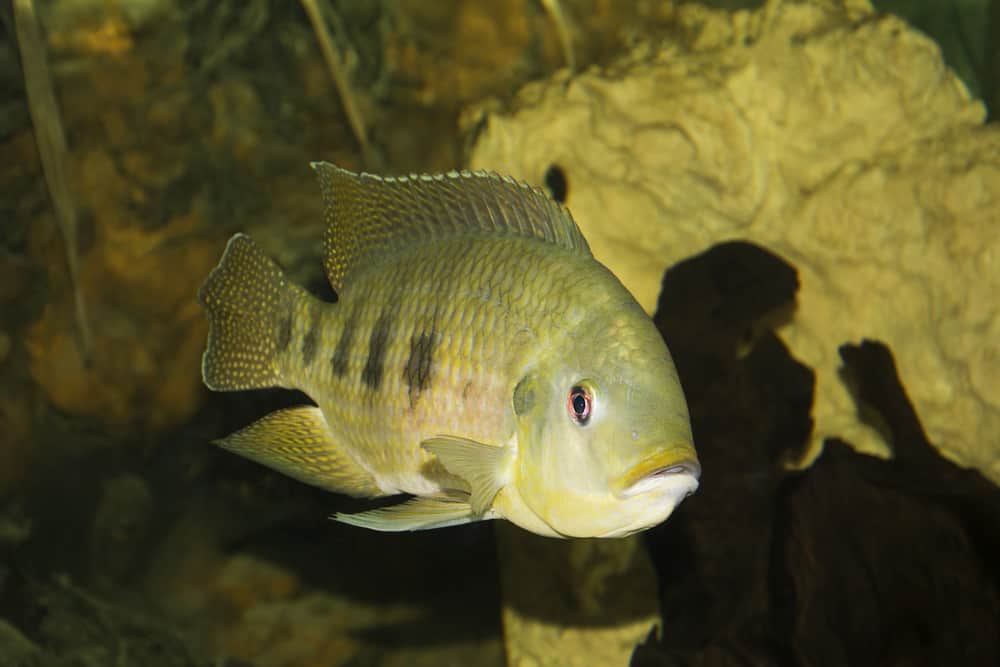 Image Editorial Credit:
Image Editorial Credit: 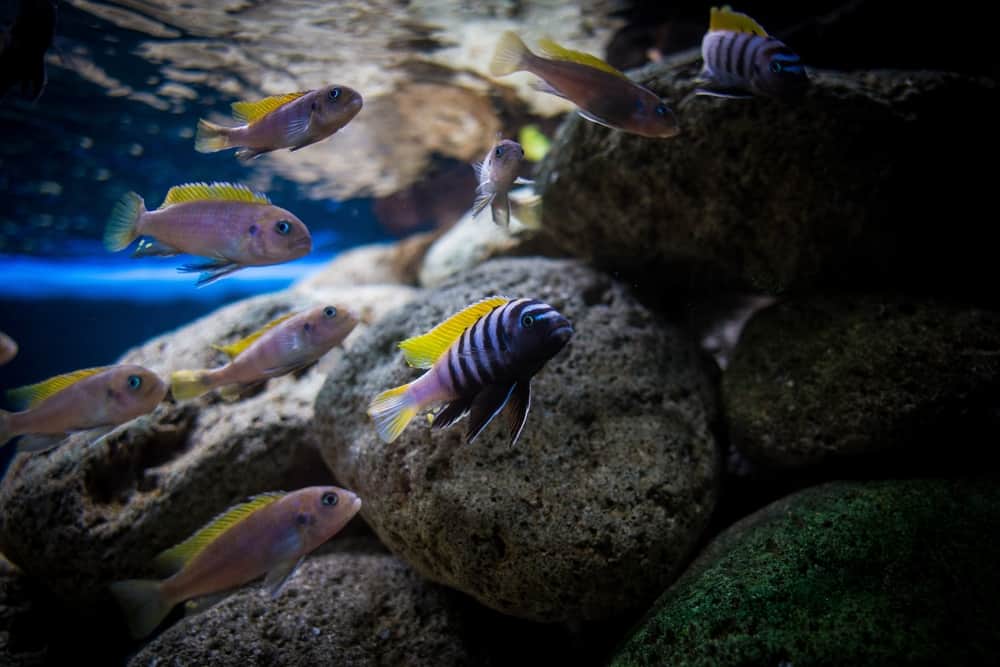 Image Editorial Credit:
Image Editorial Credit: 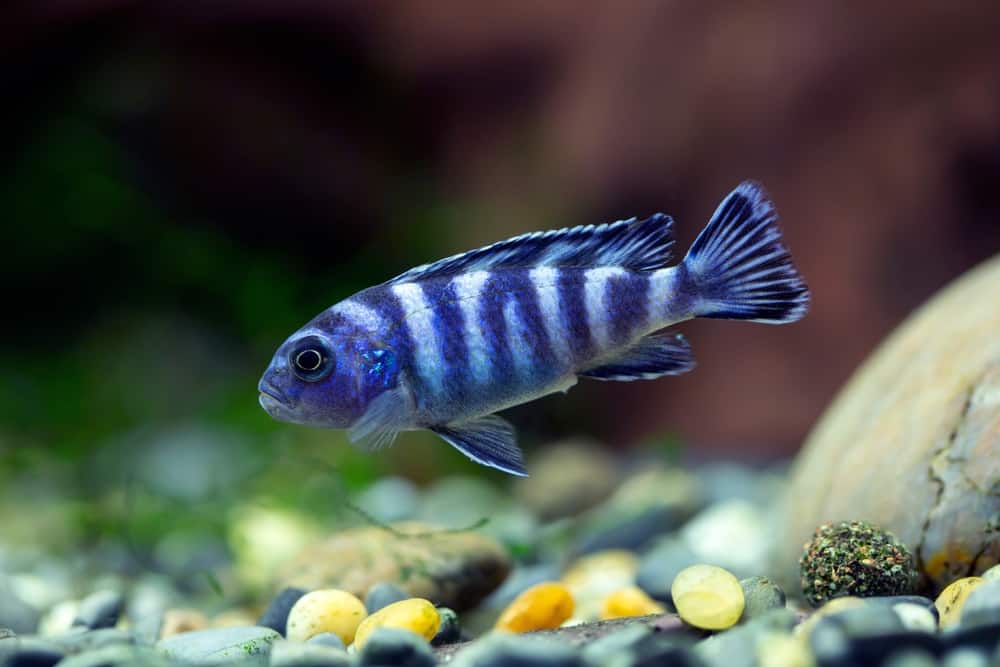 Image Editorial Credit:
Image Editorial Credit: 